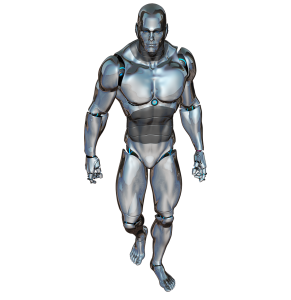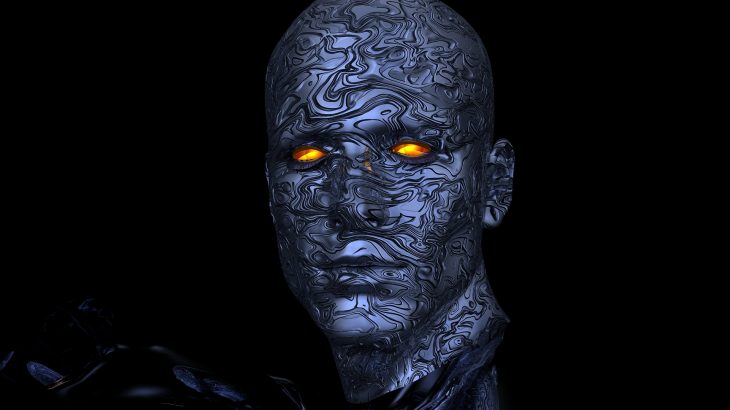Artificial intelligence has been centre stage for decades now and the distance it has traversed is marked by relentless endeavours to make it executable as well as effective in its output. Cyborgs are an integral part of this research and analysis. They are now closest to becoming a sentient reality than they have ever been.
Burgeoning possibilities of contriving an enhanced artificial brain has propelled the human race towards developing into a through-and-through digital being: A Cyborg. This is stated by the evolution experts from the University of Adelaide.
Professor Maciej Henneberg and Dr Arthur Saniotis have delineated the probable chance of this sort of human evolution comprehensively by regarding the preceding, current and prospective development of the human brain in accordance with medical technology. As per their hypothesis and findings, the future of the human brain will exhibit a synergy of intricate biology and binary technological mechanisms. This synergy, however, would need to be homogenous, without shirking the value and importance of one or the other.
Professor Henneberg and Dr Saniotis, renowned members of the Biological Anthropology and Comparative Anatomy Research Unit in the University of Adelaide’s School of Medicine, have also been associated with the Institute of Evolutionary Medicine at the University of Zurich, Switzerland.
“There is still a tendency by some to view the current form of human beings as static, and that we will stay as such into the future unless some catastrophe causes our extinction,” opined Henneberg with regard to the ideology behind considering human evolution a “done-and-dusted” process.
 He continued, “However, in The Dynamic Human we present the alternative: that our world is a continuously changing complex system and humans are a part of this ever-changing system. Within this framework, human evolution is an ongoing process that shapes us now and will shape us in the future, body and mind. We must understand it, in order to survive and be able to direct it to our advantage.”
He continued, “However, in The Dynamic Human we present the alternative: that our world is a continuously changing complex system and humans are a part of this ever-changing system. Within this framework, human evolution is an ongoing process that shapes us now and will shape us in the future, body and mind. We must understand it, in order to survive and be able to direct it to our advantage.”
Going by their research, an assortment of mind and body enhancements will be potentially available to humans. This would include cybernetic implants that could connect our grey matter directly to the matrix of computers, incorporation of nanotechnology as well as a wide array of medical prosthetics.
Dr Saniotis purports, “The advent of brain-machine interfaces may force humans to redefine where our humanity lies; it will blur the boundary between human and machine.”
The researcher also surmised that we are becoming “increasingly dependent on such devices and it can become easy to think of the body as a kind of machine with parts that need replacing.”






